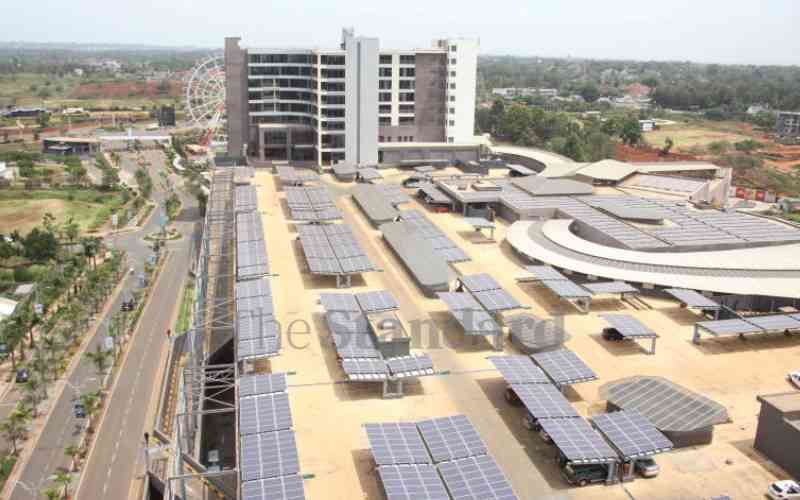×
The Standard e-Paper
Smart Minds Choose Us

KenGen is conducting a feasibility study on having solar panels on hydro dams to increase electricity production.
With water levels in the dams dropping due to drought, the power generator noted that this technology would assist the country tap in more renewable energy.